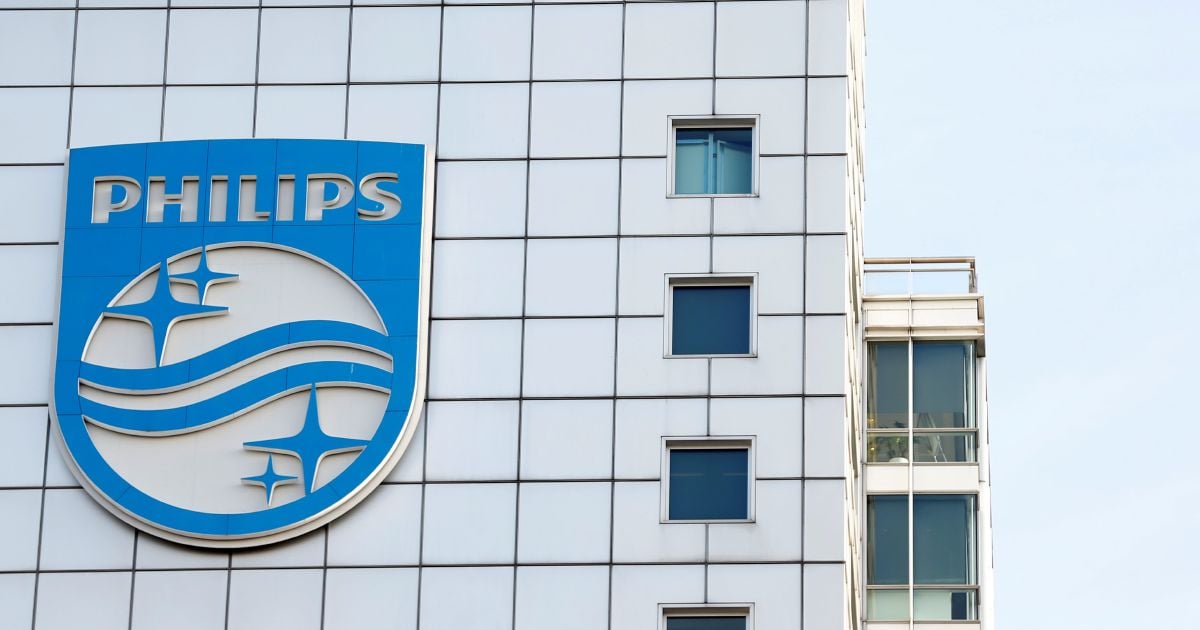KUALA LUMPUR: Dutch healthcare technology company Philips on Tuesday cut its profit margin forecast for 2025, citing a net impact from US tariffs of between 250 and 300 million euros (US$283 million-US$340 million) despite “substantial tariff mitigations.”
The United States is Philips’ largest market, accounting for about 40 per cent of its projected 2024 sales and one-third of its tax contributions. The company imports various products from China, including Respironics breathing masks, electrical shavers, toothbrushes, and other devices, while sourcing medical equipment from Europe.
“In an uncertain macro environment that has intensified due to the potential impact of tariffs, we are focused on what we can control,” CEO Roy Jakobs said in a statement.
The company cut its full-year core profit outlook, despite posting first-quarter sales slightly above expectations.
Philips now expects its adjusted earnings before interest, tax and amortisation (EBITA) margin to come in a range between 10.8 per cent and 11.3 per cent, down from previous forecast of 11.8 per cent-12.3 per cent.
While the rates and timing of tariffs on the health sector remain unclear, analysts anticipate that companies will likely have to absorb any near-term costs if these tariffs are imposed.
Washington has launched an investigation into the pharma industry, laying the groundwork for possible levies.
Philips, which makes consumer electronics, appliances and medical equipment, paid 38 million euros in U.S. custom duties last year, according to a February report.
The report said the group would mitigate the impact of tariffs including through relief measures and the so-called Nairobi Protocol, which exempts from tariffs some devices used to treat chronic conditions.
The Dutch company reaffirmed its forecast for comparable sales growth of between 1 per cent and 3 per cent this year, after reporting a smaller-than-expected sales decline in the quarter. A strong performance in North America helped offset a decline in China.
Sales for the quarter ended March 31 were 4.10 billion euros, down 2 per cent year-on-year in comparable terms, but exceeding analysts’ average forecast of 4.02 billion euros, according to a company-provided consensus.
© New Straits Times Press (M) Bhd






